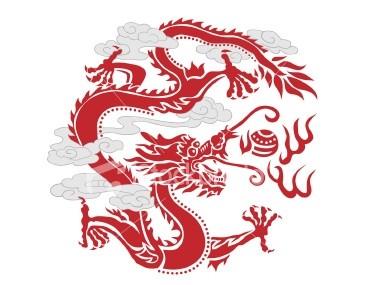The new Chinese economy: Emerging, emerged, disruptive...

Shaun Rein, founder of China Market Research (CMR) and author of The End of Cheap China, told FoodNavigator-Asia that the pace of change in China’s food and beverage sector has been phenomenal, and the global impact is inevitable.
“As China rises, it means there will be a disruption for many companies; they will have to go through painful changes,” he said.
High demand for food will influence global commodity prices, he said, and production and supply chains will be put under pressure as well.
These changes will be unavoidable, even for companies who do not work directly with China, and the disruption will happen over the next 30 years at least, Rein said.
“In order to win the world, you need to win China”
The author said that the sheer size and power of China continues to draw internationals in and it remains the target market for numerous companies, particularly those with global growth plans.
“In order to win the world, you need to win China,” he said.
However it is an extremely challenging market to enter and succeed in, Rein said, and “many Western brands will not make as much money here as they think, some may even lose money…There is going to be more losers than winners.”
Local Chinese companies are often quicker to respond to the trends of the market, he explained, with “plenty of well-capitalised, aggressive, domestic companies” out there.
Rein said that coming up with change is tough for companies, even more so for bigger companies.
Very often the headquarters are based elsewhere and so changes take longer to be put in place, Rein said, which is impractical.
“Headquarters need to delegate more power to local executives,” so that strategies can be implemented faster according to market demands and fluctuations.
“Only companies that understand trends and stay ahead of the curve will succeed… I think the successful companies are consumer centric,” he continued.
The ‘China first strategy’
“Too many companies take business models and products from the West to the Chinese market but this doesn’t work well. You need to create with China in mind; take a China first strategy,” Rein said.
“Companies need to do everything with China in mind; from product development, manufacturing, design, advertising and marketing but very few companies do this,” he continued.
They need to understand consumers and localise products accordingly, “you need to have your most senior people thinking about China from day one,” he added.
Rein said that there has to be a genuine want and commitment to the market to succeed because “if Western companies don’t do it right, they’re going to go out of business or lose market share.”
Internationals need to be aware that China is no longer a cheap place to do business. Wages are up 20% a year, rent is up 15% a year and it is becoming increasingly costly to do business, and “companies need to figure out a strategy to off-set that,” Rein said.
Big name struggles
Recently Nestle and Danone have both closed some operations in China and Rein said that it was a result of both companies not truly understanding the Chinese consumer.
Nestle was selling cheap ice-cream and the trend, like in the rest of the food sector is for premium produce, he said.
Rein also noted that Pepsi and Coca Cola will “run into major headwinds” as local players tap into current trends better, marketing healthier beverages tailored to local taste preferences.












